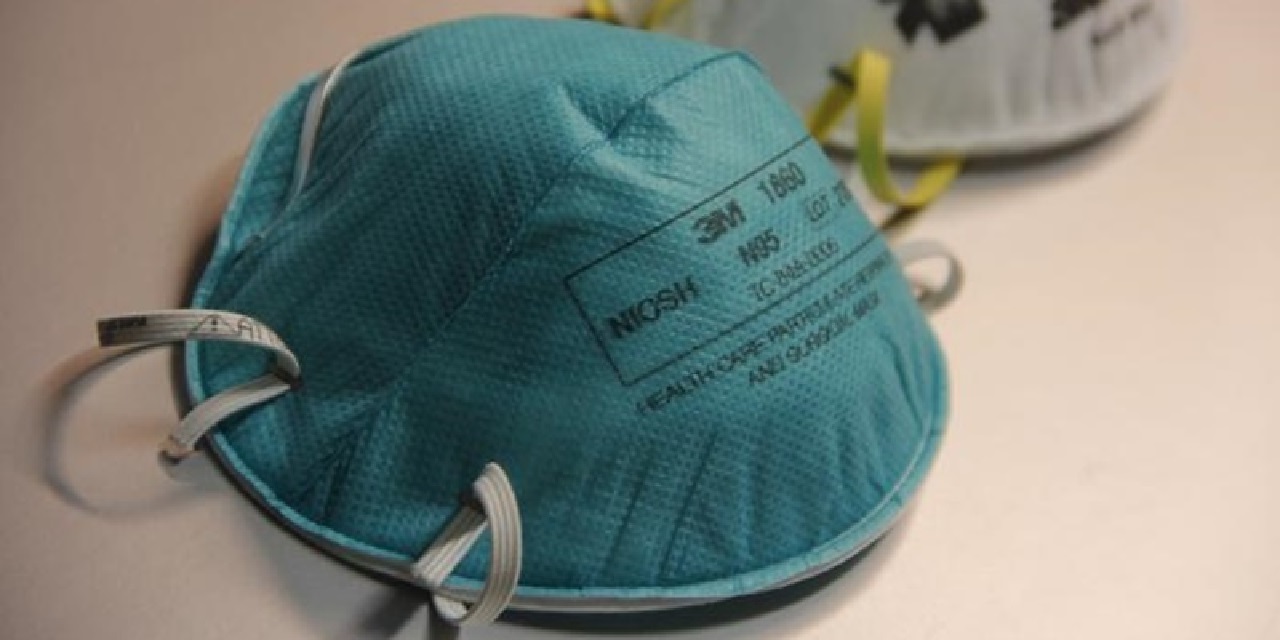WASHINGTON (Legal Newsline) - A coronavirus relief bill passed by the House of Representatives early Saturday morning fell short of what medical mask manufacturers had sought to reduce their liability risks during the crisis.
The House voted 363-40 to approve the Families First Coronavirus Response Act to help Americans weather the current pandemic. It contained provisions to ensure employees would be able to take paid sick leave, to allow access to free coronavirus tests, and to strengthen the unemployment insurance system.
Congressional staff members did not immediately respond to requests for comment about the bill, which had the support of President Donald Trump.
Many Republicans in Congress, as well as industry representatives, wanted the bill to contain liability protection covering all types of respirator masks certified by the National Institute for Occupational Safety and Health (NIOSH), not just the disposable N95 masks that have been used in industrial and medical settings.
The language in the bill passed Saturday applies to the N95 respirator masks, according to statements made last week by Rep. Frank Pallone (D-New Jersey). A Senate bill sponsored by Sen. Deb Fischer (R-Nebraska) would have extended the liability protections to any NIOSH-certified device, such as reusable powered air-purifying respirators (PAPRs).
Extending protections against lawsuits would help to ensure an adequate supply of masks to protect health care workers and patients nationwide, supporters of the idea have said.
Another problem is that narrowing liability protections was seen as discriminatory, since the disposable respirators work less efficiently with those who do not shave, such as Orothodox Jews or people with skin conditions.
“It’s known that PAPRs with loose-fitting hood systems are an option for those who can’t shave for a religious reason,” Dan Glucksman, a spokesman for the International Safety Equipment Association, told Legal Newsline.
Industry officials will try to work with senators, who will review the House bill next week, to also make sure expanded liability protections can apply to future pandemic preparedness, Glucksman said.
“They should not limit the PREP (Public Readiness and Emergency Preparedness) Act coverage of respiratory protection to just COVID-19,” he said.
The language in the legislation passed Saturday limits the added liability protections to Oct. 1, 2024.
